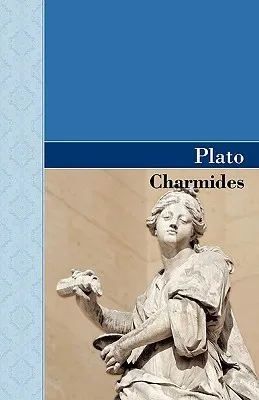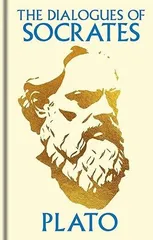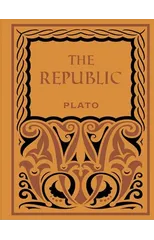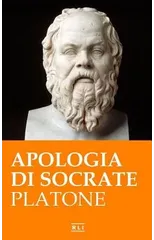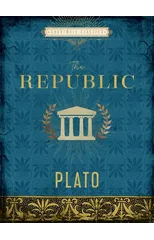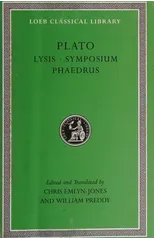Charmides is a classic Socratic dialogue which seeks to elucidate a single concept - that of sophrosyne, a Greek word most commonly translated into English as 'temperance.' As in many of his great works, Plato gives voice to his teacher Socrates, placing him in conversation with others who are less wise and more willing to commit themselves to untenable positions. Temperance was a key virtue in the classical world, and Socrates engages in dialogue with the youth Charmides and his guardian Critias in order to test and develop their assumptions about what exactly it means. With its focus on the human condition and the search for the correct way to live, Plato's Charmides remains as relevant as when it was written over two millennia ago.
Plato
Plato was an ancient Greek philosopher and the founder of the Academy in Athens, the first institution of higher learning in the Western world. His most notable works include "The Republic," "Symposium," and "Phaedo." Plato's dialogues are written in the form of conversations between Socrates and other characters, exploring themes such as ethics, politics, and metaphysics.
Plato's influence on literature is profound, as his philosophical ideas have inspired countless writers and thinkers throughout history. His most famous work, "The Republic," is a seminal text in political philosophy and has had a lasting impact on the genre. Plato's literary style is characterized by its use of dialogue, dialectic, and allegory, making his works both engaging and thought-provoking.
